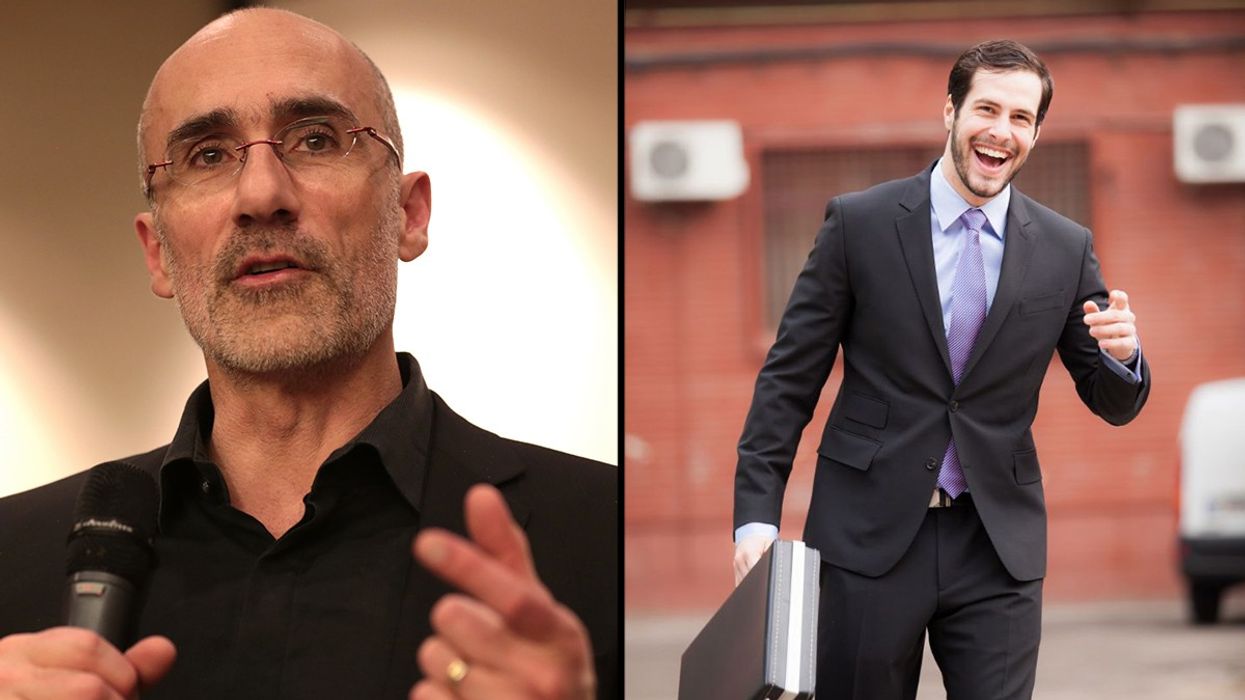Burning the Midnight Oil
Last-minute regulations cement Bush's dirty legacy Despite a backdrop of two wars and a crumbling economy that desperately needs attention, the Bush administration is spending much of its last few months in office undermining established environmental, health, and safety protections. The executive branch..
By Ben JerveyDec 06, 2008
Ben Jervey
Ben is a writer and editor covering climate change, energy, and environment, and is currently the Climate and Energy Media Fellow at Vermont Law School. He was the original Environment Editor at GOOD Magazine and his work has appeared regularly in National Geographic News, Grist, DeSmogBlog, and OnEarth. He recently worked with the non-profit Focus the Nation to publish an Energy 101 primer. When living in New York City, he wrote a book, The Big Green Apple, on how to live a lower impact life in the city. A bicycle enthusiast, Ben has ridden across the United States and through much of Europe.















 Otis knew before they did.
Otis knew before they did.